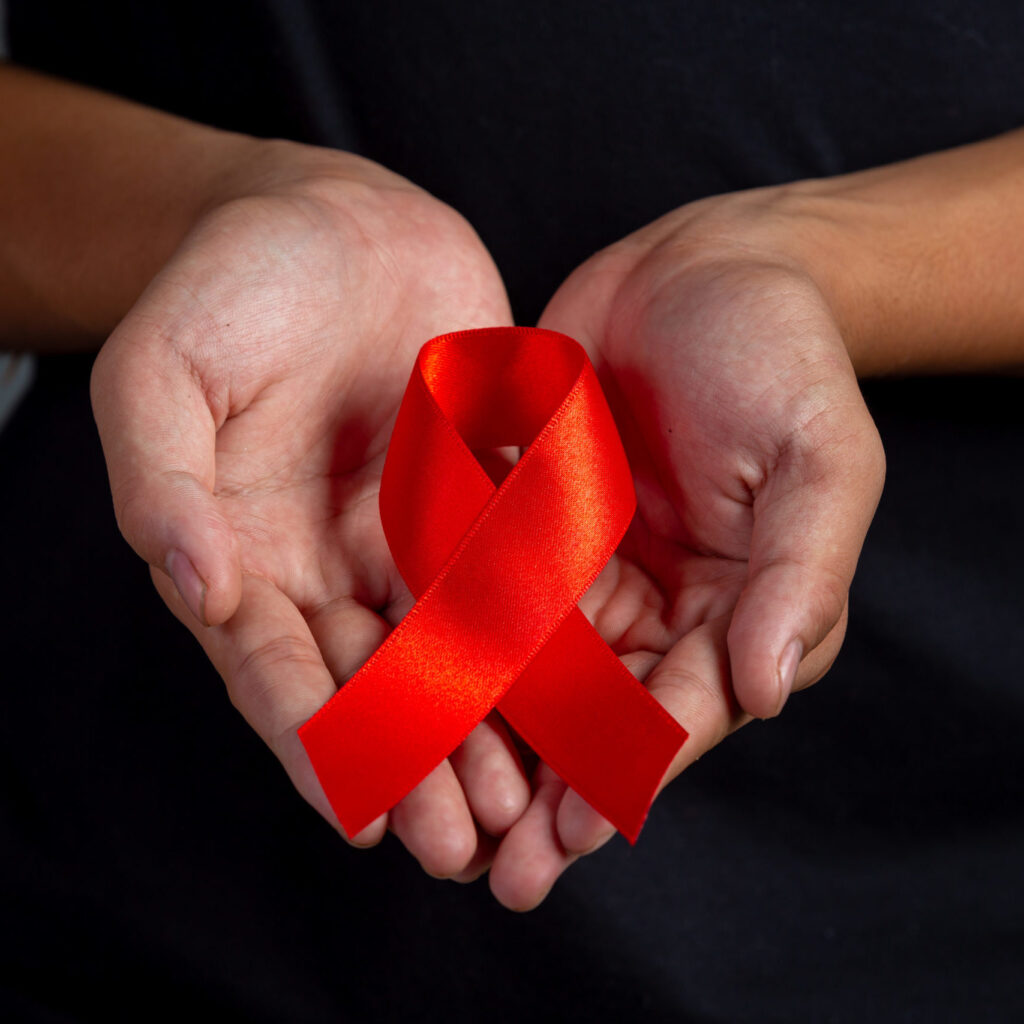In a major advancement in the global fight against HIV, Gilead Sciences has achieved a significant regulatory milestone with its innovative HIV prevention drug, lenacapavir. The European Medicines Agency (EMA)’s advisory committee gave a positive opinion on the world’s first twice-yearly injectable HIV prevention treatment, setting the stage for European Commission approval later this year.
This long-acting drug, to be marketed as Yeytuo in Europe, offers near-complete protection against HIV, marking a historic shift from daily pills to a biannual injection model.
What is Lenacapavir?
Lenacapavir is a pre-exposure prophylaxis (PrEP) developed by Gilead Sciences, aimed at preventing HIV infections in high-risk populations. It belongs to a novel class of HIV-1 capsid inhibitors that target multiple stages of the virus’s replication cycle. Unlike traditional PrEP regimens that require daily adherence—such as Truvada (TDF/FTC)—lenacapavir offers a game-changing alternative with just two subcutaneous injections per year following an initial oral lead-in.
Efficacy That Changes the Game
Clinical trials have shown remarkable efficacy. In the PURPOSE 1 trial, conducted among over 5,000 cisgender women and adolescent girls in South Africa and Uganda, lenacapavir achieved 100% efficacy, with zero HIV infections recorded in the treatment group. A second study, PURPOSE 2, which included cisgender men, transgender, and non-binary individuals, showed a 96% reduction in HIV risk compared to those using daily oral PrEP.
These stunning results led to early unblinding of both trials, highlighting lenacapavir’s potential to transform HIV prevention globally. Trial participants also praised the drug for its ease of adherence, reduced stigma, and convenience.
A Public Health Tool with Global Reach
Gilead Sciences’ Chief Medical Officer, Dr. Dietmar Berger, emphasized the broader implications of this innovation: “Lenacapavir has the potential to become a critical tool for public health,” especially for individuals with limited access to consistent healthcare. In Europe alone, 24,700+ new HIV diagnoses were reported in 2023—an 11.8% year-on-year increase—underscoring the urgent need for effective, accessible prevention tools.
Globally, Gilead is working to scale access by licensing lenacapavir for generic production in 120 low- and lower-middle-income countries. The company is also seeking WHO prequalification and eligibility under EU-Mall procedures, which can fast-track approval in resource-limited settings.
The Indian Context: A Cautious Hope
India remains home to approximately 2.54 million people living with HIV, with an adult prevalence of 0.20%, according to 2023 estimates. The epidemic is concentrated in states like Mizoram, which has a prevalence rate of 2.73%. Most transmission occurs through heterosexual contact, followed by injecting drug use and same-sex transmission among men. India’s response is spearheaded by the National AIDS Control Organisation (NACO), aligned with the global 95-95-95 targets,diagnosis, treatment, and viral suppression. While free antiretroviral therapy (ART) programs have improved care access, stigma and geographical disparities continue to pose challenges.
A senior NACO official, quoted in The New Indian Express, noted that while lenacapavir offers an exciting HIV vaccine alternative and strong preventive solution, affordability and accessibility will be key concerns for countries like India. Strategic policy interventions will be essential to make such innovations part of national programs.












More Stories
How “Lockdown-Level” Emissions Cuts Might Clean Delhi’s Air by 2040
Cyclone Ditwah: IMD Issues Red Alert for Tamil Nadu, Puducherry, and Southern States
Hong Kong Fire Death Toll Climbs to 55; Dozens Still Missing as Blaze Burns Into Second Day